Latin America and the Caribbean
Improving Security and Economic and Political Inclusion
In recent years, Latin American and Caribbean countries have experienced strong economic growth and implemented social programs that have reduced poverty and inequality. In the past 20 years, poverty has declined from 49 percent to 31 percent in Latin America. Political advances have been notable as well: Free elections, vibrant civil society and responsive governments are mostly the norm.
But worsening citizen security--fueled by a violent transnational drug trade--is hindering growth and undermining democratic institutions. Governments are not raising sufficient domestic revenues to fund services. Climate change poses risks, especially in Central America and the Caribbean. And some countries are restricting political rights.
Economic and political stability in the Western Hemisphere are vital for the United States. Drug trafficking and violence that afflict our southern neighbors can penetrate our borders and impact U.S. communities. Latin America and the Caribbean are also important and growing markets for American companies--a quarter of U.S. exports go to the region.
In Latin America and the Caribbean, we are focused on:
- Combatting the drug trade and reducing violence that threatens economic growth and political stability by helping coca producers transition to legal crops in South America and creating safe urban spaces, supporting community policing, educating vulnerable youth and strengthening justice systems in Mexico, Central America and the Caribbean;
- Supporting the efforts of civil society groups and political leaders to protect and defend universal rights such as freedom of expression; and
- Helping countries protect natural resources and adapt to the impact of changing climate patterns.
In Haiti, home to our largest investments in the region, we are:
- Helping the country rebuild from the devastating 2010 earthquake;
- Supporting farmers to increase production and access markets to fight hunger and persistent malnutrition;
- Contributing to the development of an industrial park to create stable, well-paying jobs;
- Strengthening the capacity of the Ministry of Health to provide health care for its own citizens; and
- Training Parliament and local officials to provide better representation and services to their constituents.
Our continued commitment to the region has contributed to positive change:
- Our investments in family planning have been central to a two-thirds decline in fertility rates in Latin America and the Caribbean in the past 50 years.
- In Haiti, we have helped lay the groundwork for economic revitalization in the wake of the 2010 earthquake by clearing rubble, housing thousands of displaced people, and stabilizing a cholera outbreak. Farmers supported by USAID have experienced a tripling of their yields. Our support of a new industrial park has the potential to create 65,000 jobs. And a corporate partnership we launched has given 800,000 Haitians banking services on their mobile phones.
- Our security programs are delivering gains throughout the hemisphere. In El Salvador, municipalities where we are operating are experiencing declines in crime. In Mexico, states that have transitioned to a more open judicial system with our support have higher prosecution rates. And in the San Martin region of Peru where we help farmers harvest legal crops, coca production has declined by 90 percent in the past decade.

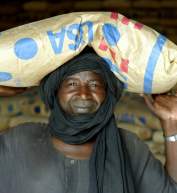
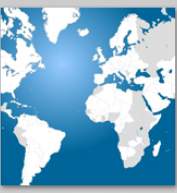
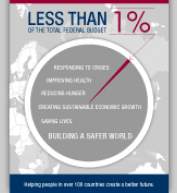
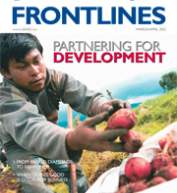
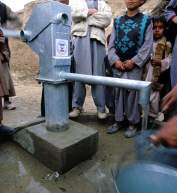
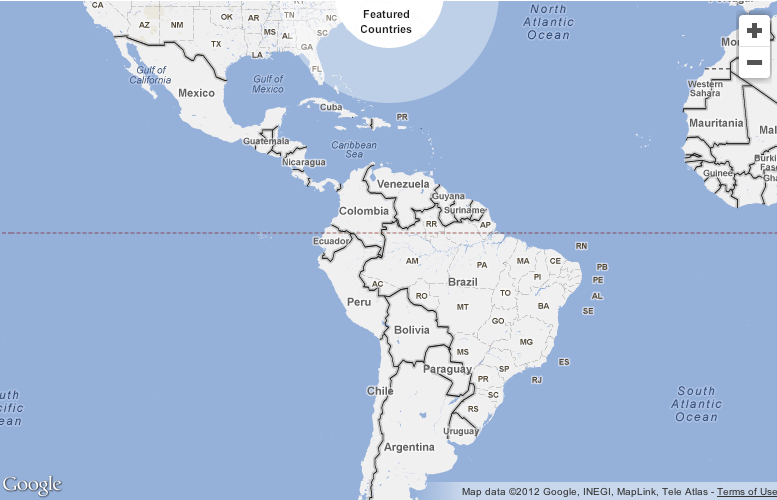

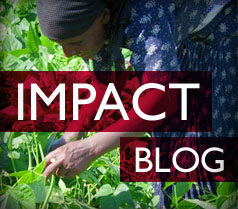
Comment
Make a general inquiry or suggest an improvement.